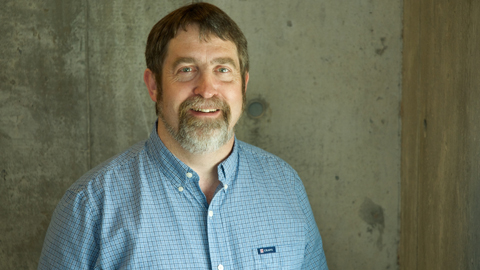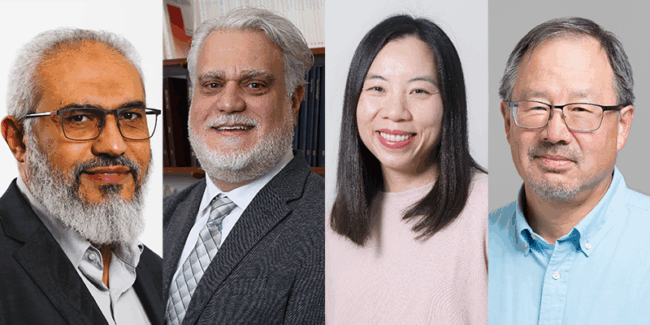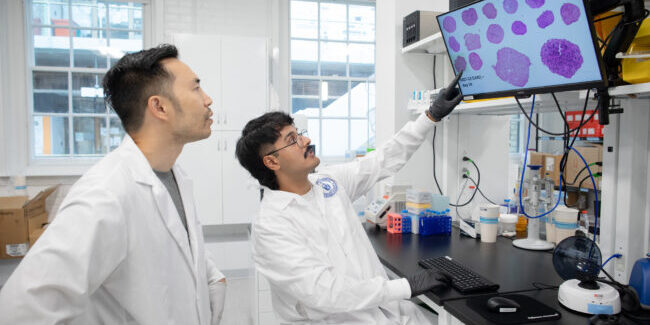
Ever wonder about the forces of nature, how they work and how life manages to survive amongst these forces? U of T Professor Bryan Karney from Civil Engineering and Engineering’s Cross-Disciplinary Programs Office is launching the department’s first Massive Open Online Course (MOOC), a free, multimedia online course open to anyone who is interested.
Our Energetic Earth explores the dynamics of the planet. It covers topics as diverse as what causes wind and the ocean currents, to what drives thunderstorms and how energy from sunlight is converted to thermal energy. It also addresses why, in the cold vastness of space, Earth’s surface is able to support life. Course content will give students a better sense of the complexity, challenges and wonder of living on such an energetic planet.
A MOOC allows for the participation of large numbers of people in non-credited courses. It includes videos, reading material, problem sets and interactive forums which include both students and instructors. Anyone can enrol.
Professor Karney explains more about the course.
Why choose this topic for Engineering’s first MOOC?
A few years back, we created a course that covered energy and thermodynamics. Instead of being about exploiting sources, it looked at the energy that is around us as part of a dynamic Earth. We looked at understanding the forces behind hurricanes, tsunamis and more. The first year, the course attracted 35 students, but within five years that number jumped to 550. There is a huge interest in this topic.
What will students get out of it?
Students will become part of the discussion about renewable energy and sustainability, and this course gives them a ‘big picture’ view. This gives them something that’s applicable to the world and not just machines.
Often we stop noticing some of the extraordinary things going on around us – in a windstorm, the flash of lightning or when the ocean waves are crashing. What happens around us is amazing, and it’s even more special if we understand the causes.
What triggered you to offer a course in this format?
I like going beyond lecturing and exploring other creative ways to teach, including using the Internet and social media. A course delivered in this format has the ability to reach a huge audience and is available to people who otherwise would not have heard of this topic.
What do you hope to accomplish?
I like the idea of reaching a wider audience and developing new materials we can use in conventional settings too. What I hope students will get from this course is the ability to participate in debates and discussions about energy in a more informed and broader way.
Classes start October 28, 2013, and course length is six weeks. Sign up for the course here: Our Energetic Earth
Professor Karney is known for his enthusiastic teaching style. He was one of 10 lecturers selected for Television Ontario’s (TVO) Best Lecturer Competition in 2007, and in 2009 received the Northrop Frye award for excellence in combining teaching and research. His research focuses on water resources and energy systems.



